Oman's Jindal, the preeminent private steel manufacturer in the region, has set its sights on a promising future for the steel industry in the Gulf Cooperation Council (GCC) countries. Sunil Kumar, the marketing director of Jindal Shatt Oman, predicts a robust 6.2% annual growth in the steel market until the year 2030.
By 2030, Kumar foresees a substantial surge in demand, with GCC nations collectively requiring an estimated 38 million tons of flat and long steel products annually. These projections are underpinned by several key growth drivers, including infrastructure development, expansive mega projects, population expansion, urbanization initiatives, and a concerted focus on diversifying away from oil-based products.
Kumar emphasized that the region boasts numerous advantages for steel production, such as favorable access to export markets, well-developed port infrastructure, access to gas reserves for electric arc furnace and sponge iron production, and increased investments in renewable energy and hydrogen projects. Despite these favorable conditions, Kumar acknowledges that the GCC steel market, while holding promise, remains susceptible to the volatility of raw material prices and political variables, factors that can influence steel production.
Looking ahead, Kumar envisions that, by the end of 2030, the GCC will witness a surge in demand for rolled products, reaching 23 million tons, and long products consumption reaching 14 million tons. These predictions underscore the significant growth potential that lies ahead for the steel industry in the GCC region.


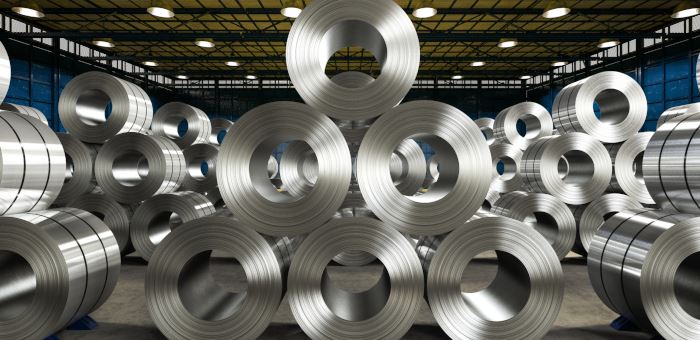

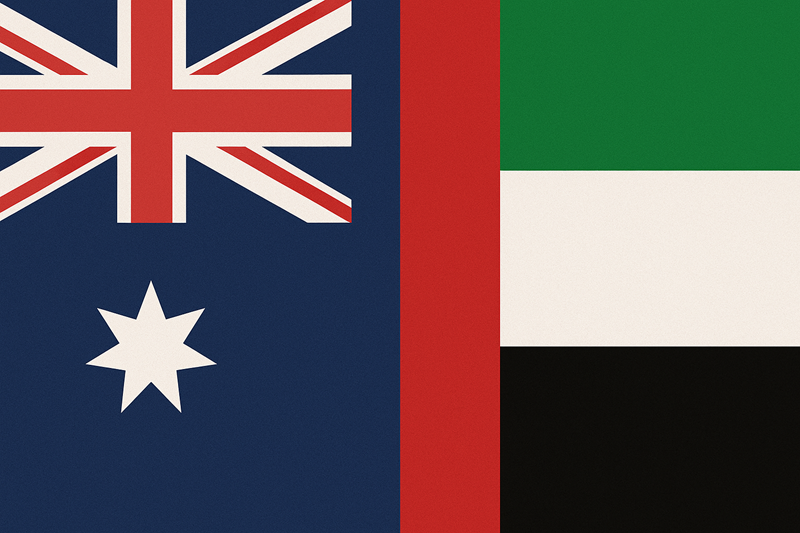
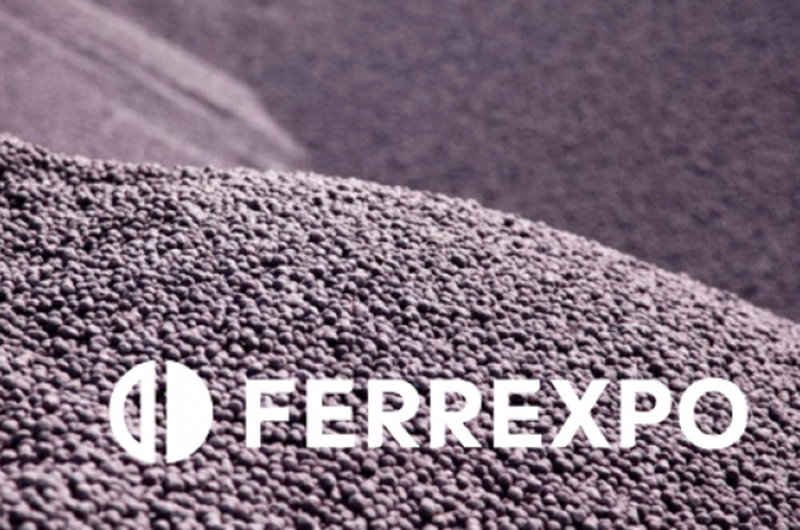
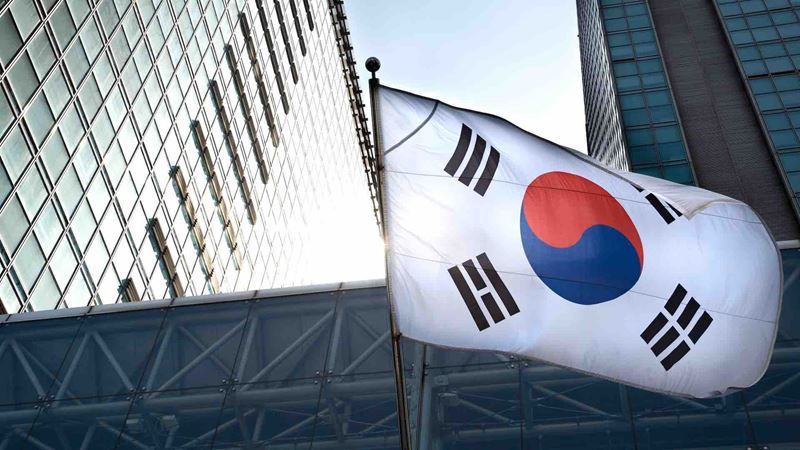
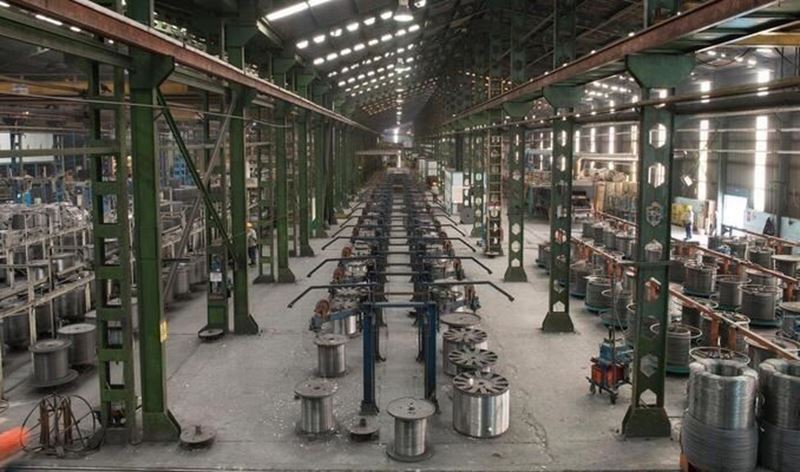
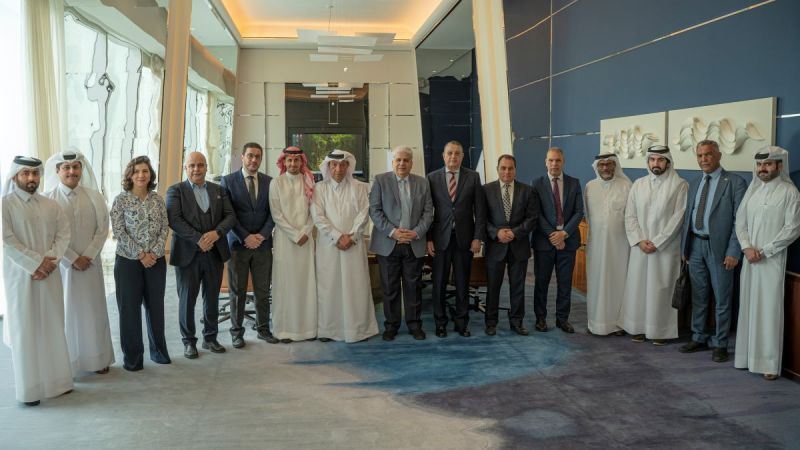


Comments
No comment yet.